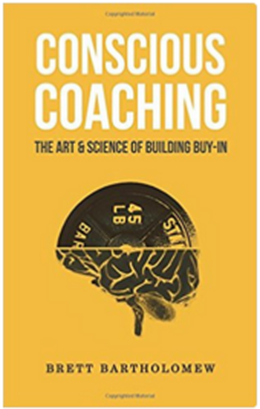During this time, Scott has grown and developed his program to fit the school structure and to also compliment the growing enrollment at Farmington HS. Scott and his staff work with hundreds of HS athletes on a weekly basis, ranging from sports like football, lacrosse, hockey, baseball, softball, basketball, wrestling, tennis, etc.
In this episode, Scott discusses how he runs his programs and structures them to fit within the trimester system his HS uses. Scott also talks about some of the common problems he see's in HS athletes and how he tackles those problems. He talks about some of the things his athletes do on a daily basis, and how he attempts to structure training so each athlete gets the appropriate training stimulus, especially the challenges of working with 9th graders, who may have never touched a weight, and 12th graders who have been in his program for 5-years.
Favorite Quotes:
- "We still go heavy in-season, we just reduce the volume"
- "Our athletes will squat and hinge everyday. We really hammer away at those two movements"
- "One of the most successful programs we've implemented has been our middle school strength class. Now our middle schoolers are going through our Block 1 progressions and teachings, which helps a ton when they arrive in high school"
- "Kids today just don't know how to run"
- "Kids also don't know how to fall or brace at landing. So we try to expose them to different falls and landings and teach them how to fall, land, and/or roll safely so they don't just fall on their shoulder or something"
- "An area we've started to do more and more is unilateral training. Much of the common weight room lifts are bilateral, so we've been adding more and more unilateral work to our programs"
- "This year we've really started to add reactive agility work and get away from some of the closed drills. Our kids absolutely love it, and we've seen a huge improvement"
Books:
- Triphasic Training - Cal Dietz
- Fact & Fallacies of Fitness - Mel Siff
- Conscious Coaching - Brett Bartholomew
Social Media:
- Twitter - @FarmingtonPower
- Instagram - @FarmingtonPower

 RSS Feed
RSS Feed